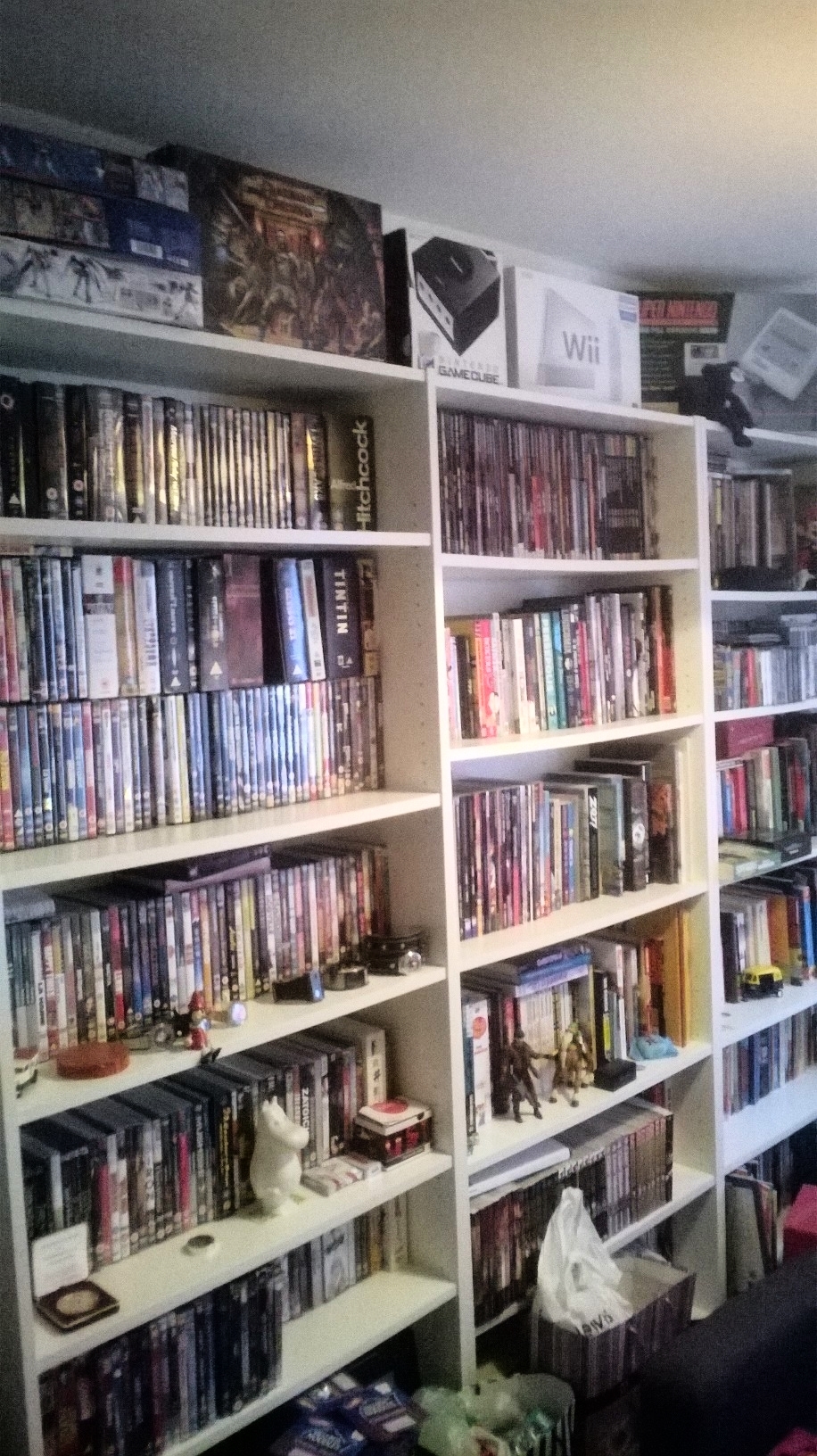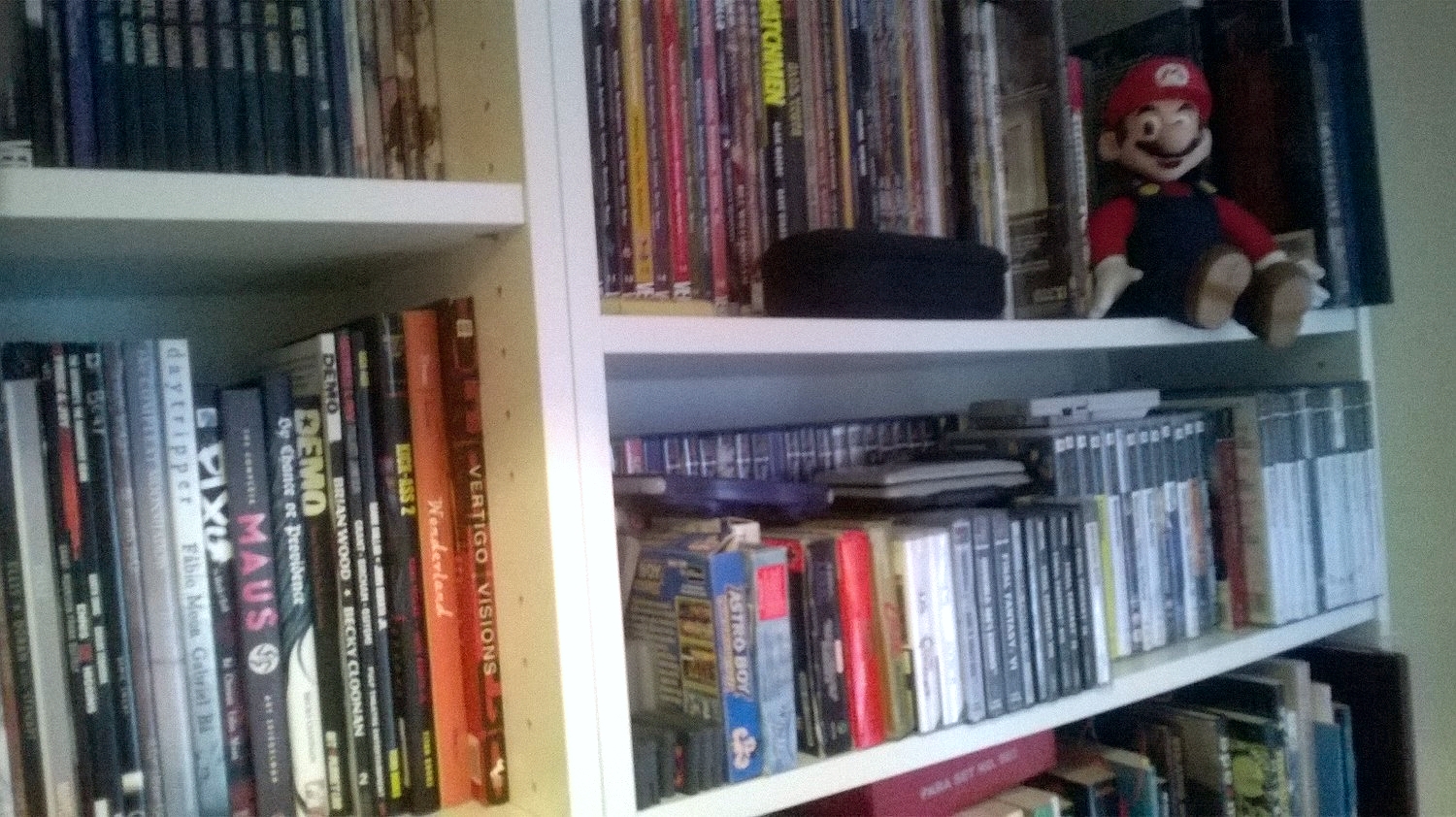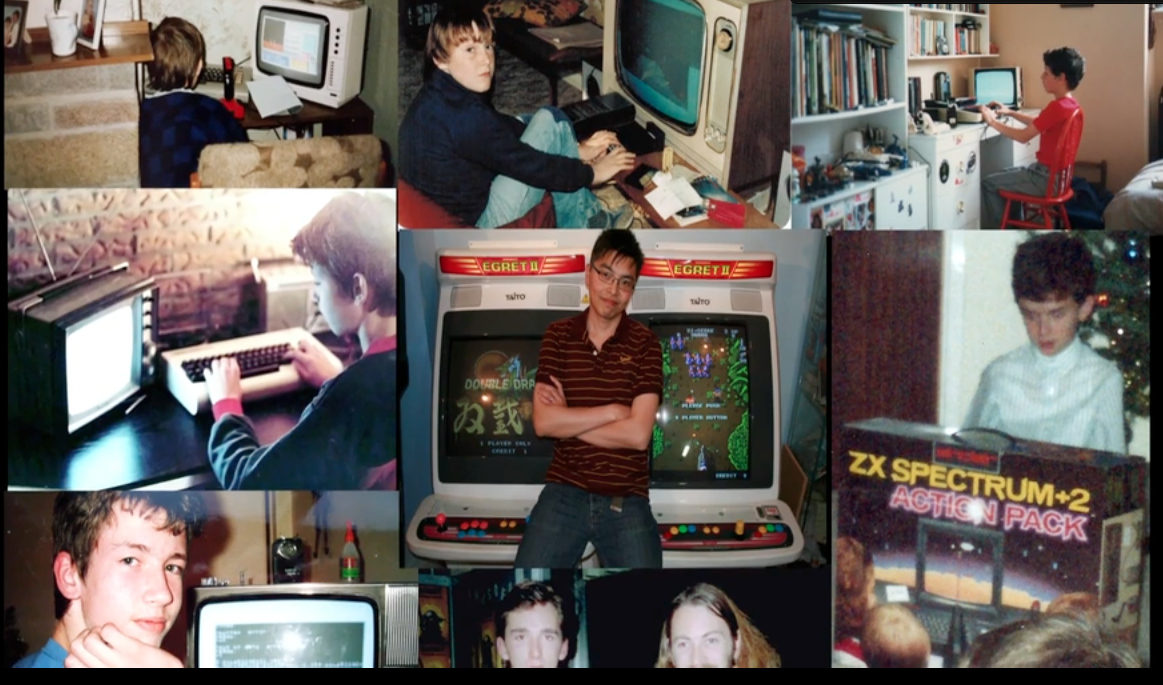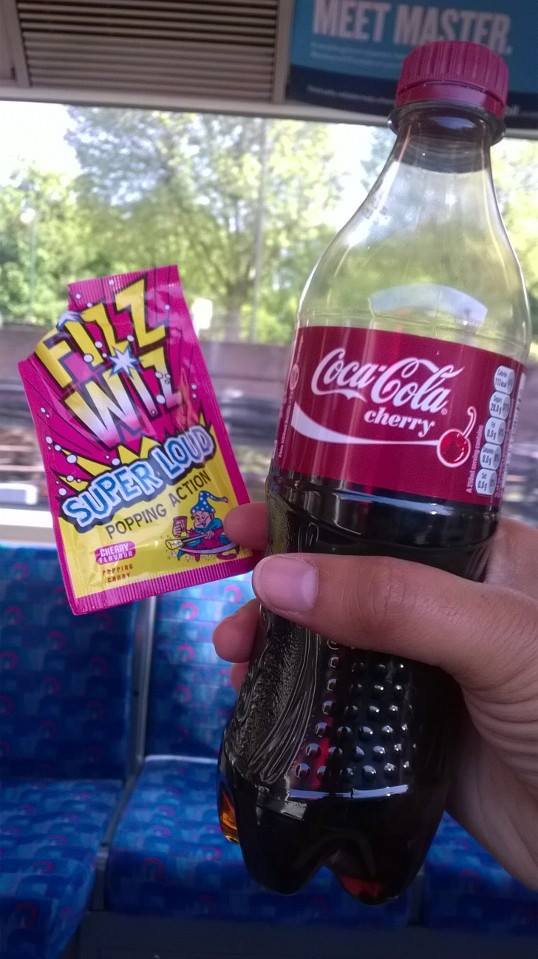Preserving the past is a tricky preposition and getting trickier with the amount of information stored on fragile digital media. Filmmakers like Martin Scorsese have made it their mission to preserve classic films whilst Christopher Nolan has sought to preserve the medium of the physical film stock itself. However whose mission is it to save the audience?
We are at a watershed moment in film history, not just with the impending extinction of physical film but the demise of an audience equipped to appreciate some of its greatest works. I am a great lover of silent film and early movies, having been introduced to many in my youth by my parents and BBC 2 Sunday morning programming. I have fond memories of watching Laurel and Hardy, Buster Keaton, Harold Lloyd and Charlie Chaplin. Having attended a University which specialised in media and film studies (but studying Anthropology myself) I was introduced to many 'new' old films almost through a process of osmosis. I would take 8 to 10 VHS tapes at a time and consume them voraciously between assignments, listen in to students discussing them in the library and although many years have passed I still appreciate and watch these classic movies.
The Great Dictator is an absolute classic and contains one of the greatest speeches ever written.
I was concerned that the medium would be forgotten by the new generation- these films exist out of the childrens palate don't they? Well as a teacher I have had to endure many wet plays and this past December was a particularly soggy one, so there were more wet plays than usual. So I put on some Charlie Chaplin and Laurel and Hardy short films. There was no hype, no boombast, no 3D and no dramatic Hans Zimmer score.
My 30 pupils were motionless for a few minutes, I assumed that they were struggling to find a way in but watching patiently out of politeness to me. After a few moments I asked "Do you want me to turn it off?" and the children shouted "No!" Then the laughter started, the children were mesmerised for the length of the 25 or so minutes, they requested more clips so I worked through my collection. Children don't need to be told what to like, they will intuitively try things out and relate it to their world and experiences. In this case Charlie Chaplin was like "An old Mr Bean."
In much the same way as cinephiles do not need to guard older films, we older gamers do not need to feel like guardians of gaming heritage.
This term I have started a Retro Games Club using the Retron5 with original controllers and games to introduce children to the games of yore. The first game I unleashed on them was the SNES classic 'Street Fighter II Turbgo.' The children loved it and recognised some of the main characters. This led to a discussion on other characters that the children knew like Megaman and Pacman as well as the more famous contemporary icons from more modern games. A few of the children told me that their parents had the old systems and so they played some of the older games at home.
Punchout is the spiritual father of Wii Sports boxing, a game many children have played.
This wasn't 'Fauxstalgia' (False nostalgia) but something palpable- the children could relate to these characters and games from their own experiences and those who couldn't recognised the mechanics from their current gaming experiences. In the same way that 'Punchout' was compared to Wii Sports Boxing by my children people will always find a way in and seek out the origins of thing. Our gaming and film heritage is in good hands; God is in his heaven All is right with the world.























































